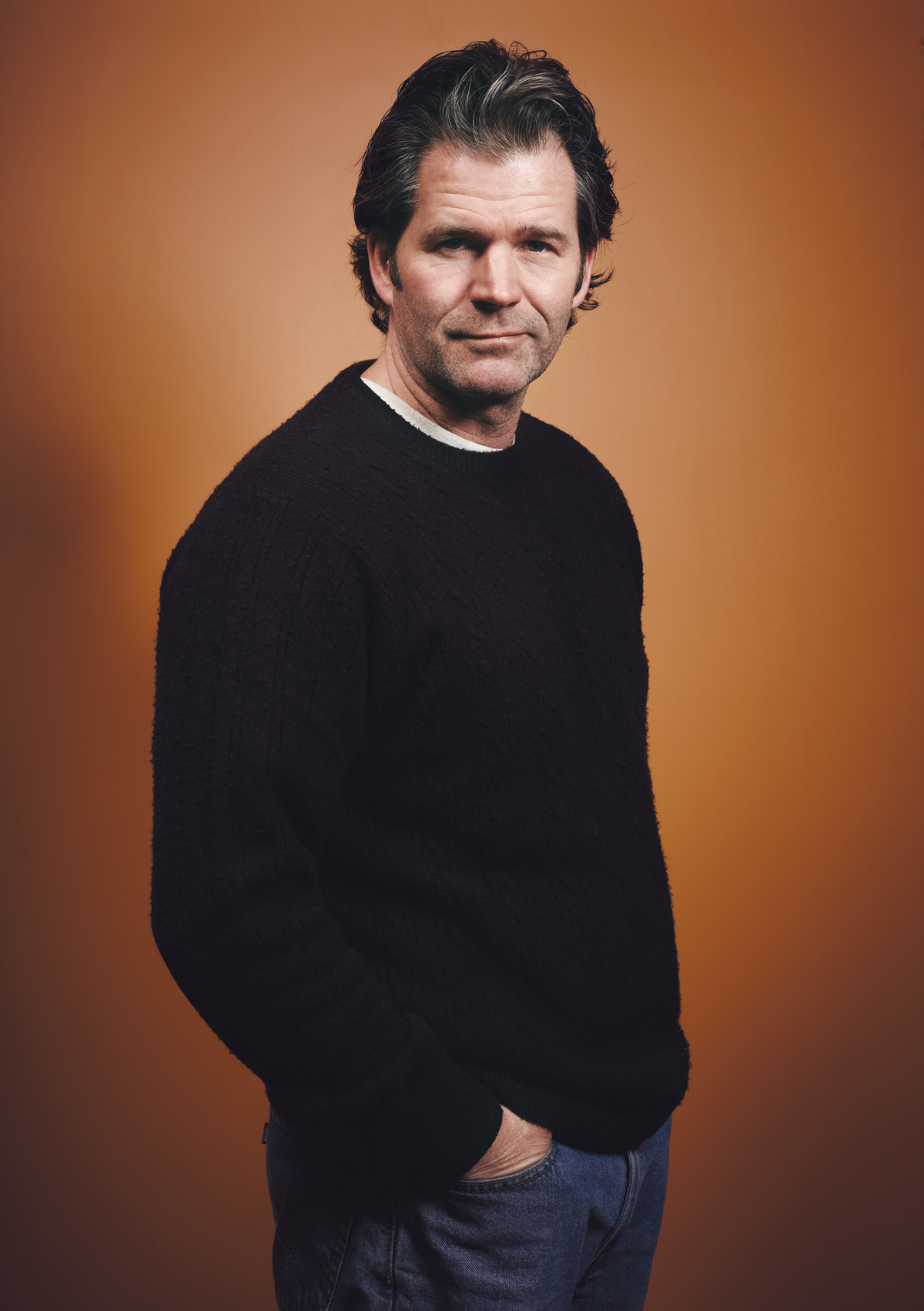Person of Interest: Andre Dubus III

Andre Dubus III / photo provided
At first, writer Andre Dubus III had planned a 20-page personal essay about growing up in the heart of Red Sox Nation but somehow remaining ignorant about baseball. Since most boys learn the game from their dads, the piece soon led him to examine the distanced relationship he had with his famous father, the late short-story writer Andre Dubus. Ultimately the son expanded the work beyond an essay, encompassing his upbringing in the depressed 1970s Merrimack Valley and his years as a feared fistfighter in the streets and bars of Haverhill. A few years and 400 pages later, Dubus’s searing account of his young life — Townie ($26, W. W. Norton) — is out, in stores February 28.
Fans of Dubus’s novels such as House of Sand and Fog have admired how his complex characters muddle through moral binds, often with tragic consequences. Readers will find the same compelling drama here, in Dubus’s own development as an angry young man, born out of such traumas as his father’s affairs, his sister’s rape, and his brother’s suicidal urges. “Writing about my family was the most difficult part,” he says. “But after that first draft, where I tried to write only about me…it felt like a bird with one wing. So I allowed in my family and home life, but I would only write about where their lives intersected with mine.”
He is most candid while revealing his own life. When Dubus was an undersized teen, he watched his siblings get harassed by local thugs. The shame of his cowardice spurred him to build muscle and learn to box. Eventually the line between protecting his family and seeking out violence blurred. Like so many of his fictional characters, Dubus struggled for a graceful deliverance from bad decisions and tough times. He found it once he unclenched his fists and picked up a pen, channeling his anger onto the page.
“I haven’t punched anyone in 23 years — writing changed everything,” Dubus says. He’s surprised at how cathartic Townie was, how he confronted and made peace with the stages of his life. “[But] I’d never written about that cowardly, terrified boy, because he was unattractive to me in my twenties and thirties. At this age, I feel frankly fatherly toward that boy.”